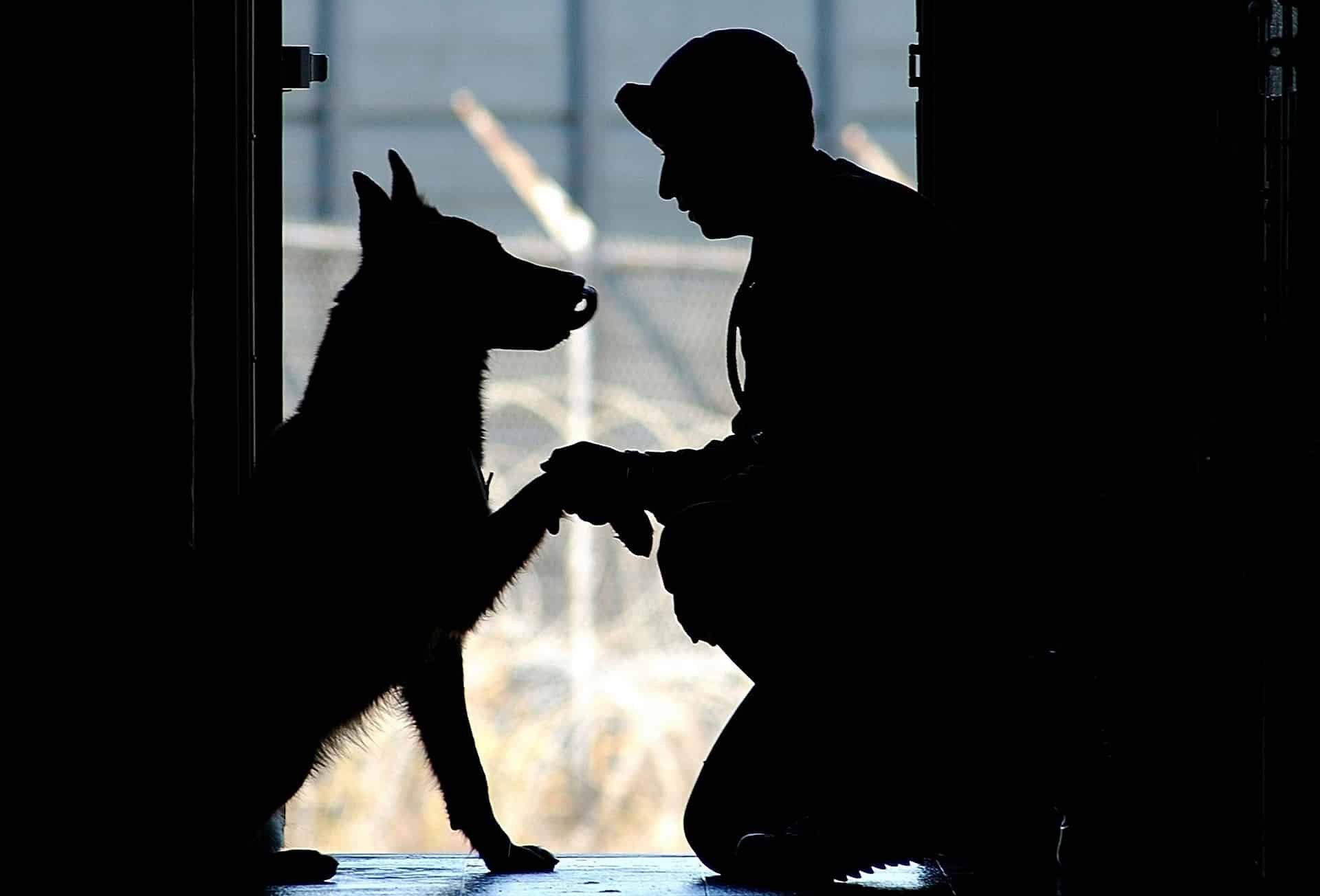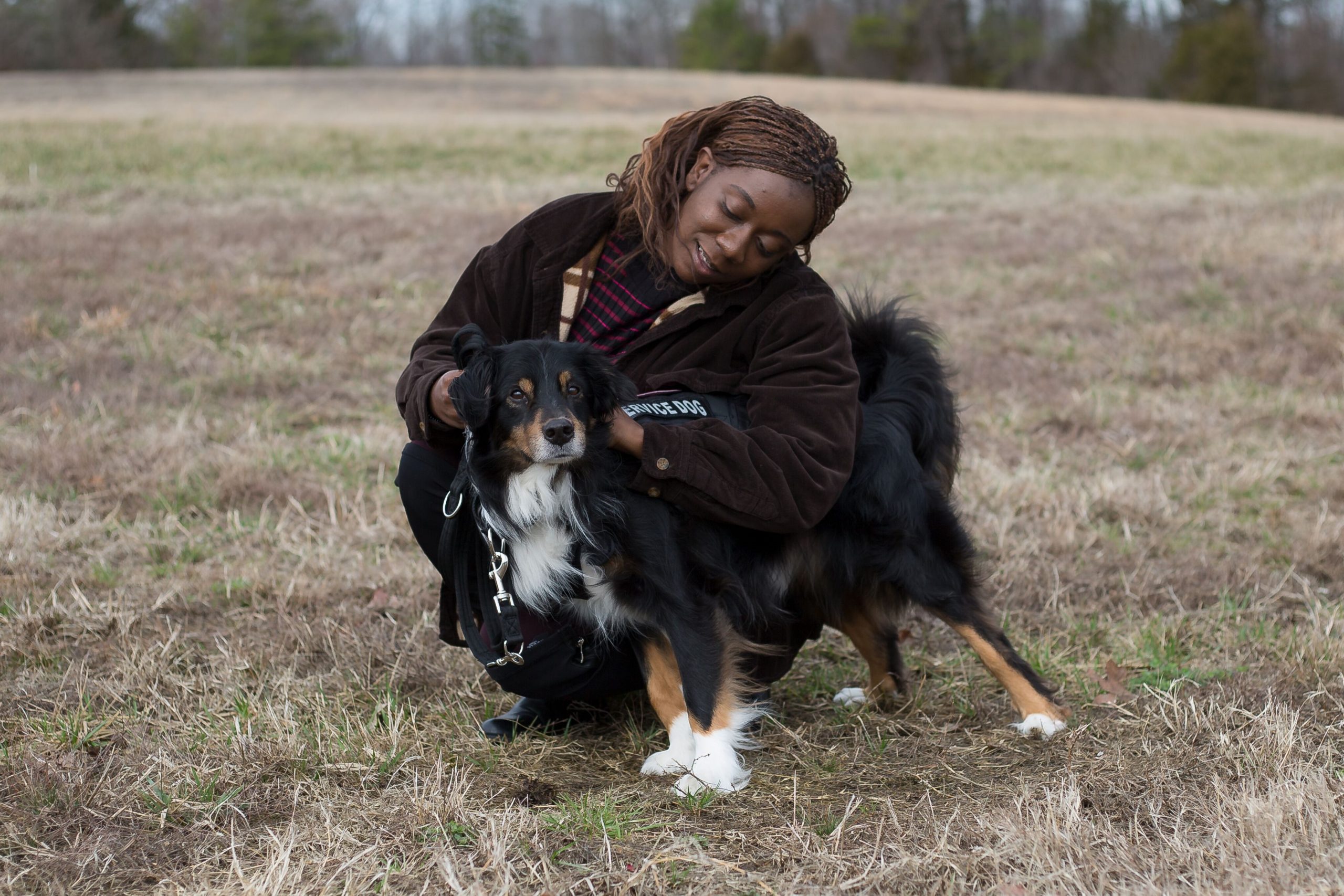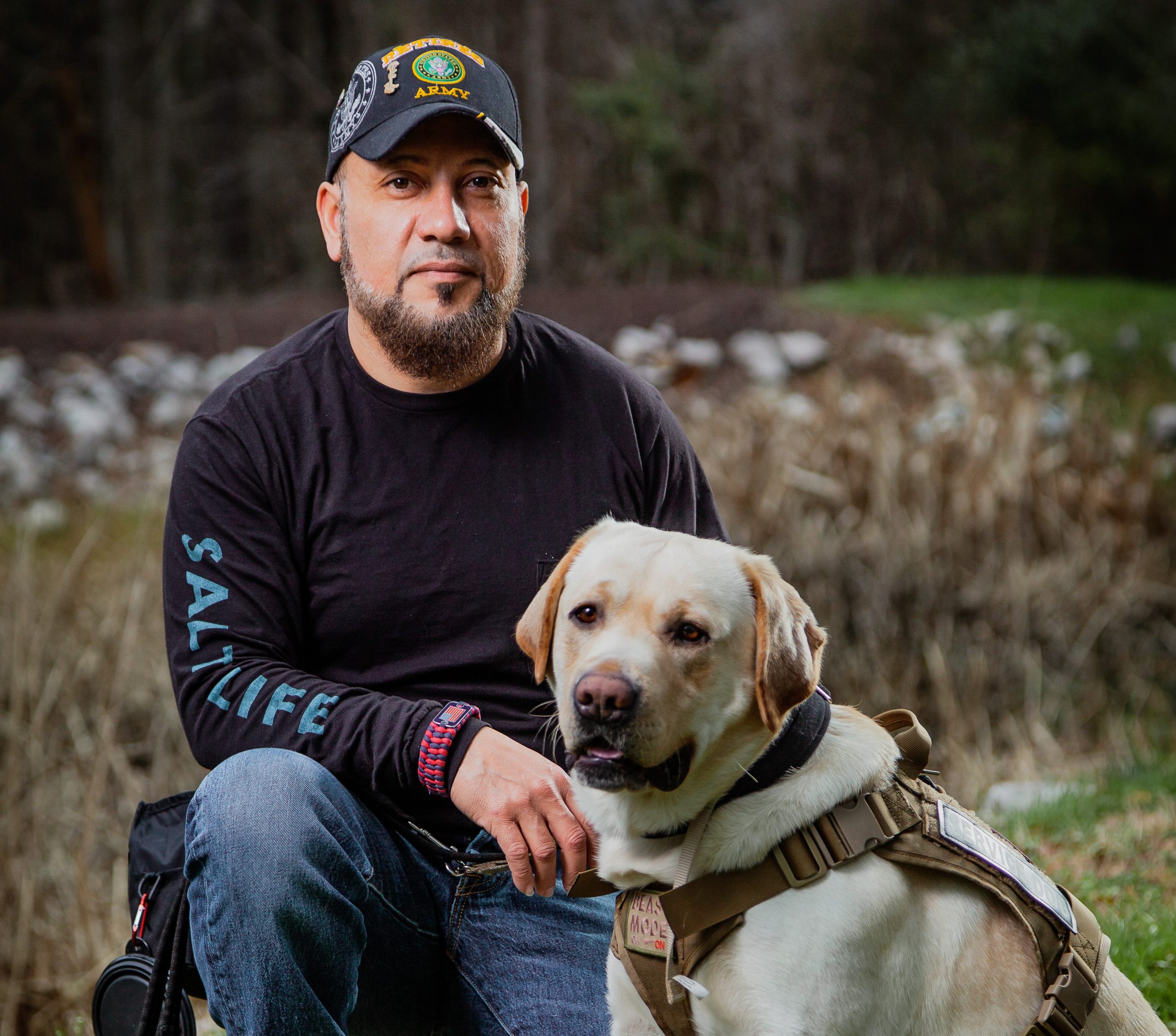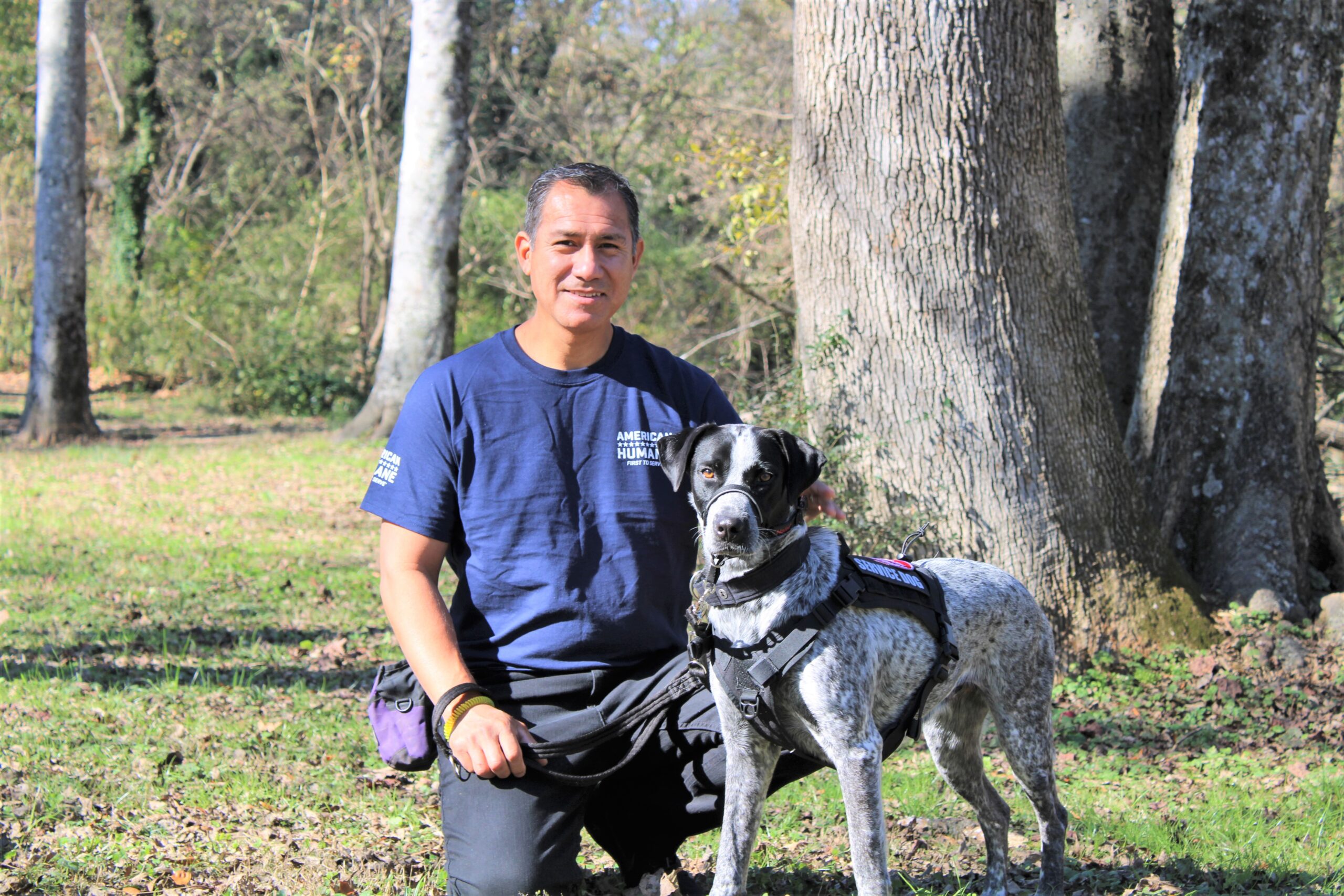- Sustainable Tails
- Posts
- Sustainable Tails
Sustainable Tails
Military Service Dogs, Service Dogs For Veterans, And Pets Helping Adults Cope With Mental Health Struggles
Thanks for joining us in this memorable edition of Sustainable Tails. In honor of those who have not only served, but who have paid the ultimate sacrifice in defending our nation and our cherished freedoms, we have put together a topical edition for you. We hope you enjoy this edition and hold a grateful heart to those in which Memorial Day honors.
Military Service Dogs

Military service dogs have played a crucial role in supporting armed forces throughout history, showcasing unparalleled loyalty, bravery, and skill. These dogs have been invaluable companions and partners to servicemen and women, providing numerous benefits that extend beyond their primary duties.
The history of military service dogs dates back to ancient civilizations where dogs were used in warfare for their keen senses and protective instincts. In more recent history, their roles have expanded significantly. During World War I and World War II, dogs were employed for various tasks such as delivering messages, detecting mines, and serving as sentries. Their contributions were so significant that they became an integral part of military strategy and operations.
The benefits that military service dogs provide are multifaceted. One of their primary roles is detecting explosives and drugs, utilizing their extraordinary sense of smell to identify threats that might go unnoticed by humans. This ability to detect and alert to dangers not only saves lives but also enhances the overall effectiveness of military missions.
Additionally, service dogs offer emotional support and companionship to servicemen and women. The presence of a loyal and dependable dog can significantly reduce stress and anxiety in high-pressure environments. These dogs form deep bonds with their handlers, providing a sense of comfort and stability that is crucial in the often chaotic and dangerous settings of military operations.
The contributions and sacrifices of military service dogs cannot be overstated. Many of these dogs have laid down their lives in the line of duty, protecting their human counterparts from harm. Recognizing their importance, military organizations often honor these dogs with medals and commendations, acknowledging their bravery and dedication.
Military service dogs are indispensable assets to armed forces around the world. Their historical significance, coupled with the myriad benefits they provide, underscores the importance of their contribution and sacrifices. As we honor our servicemen and women, we must also remember and appreciate the vital role that these loyal and courageous dogs play in ensuring their safety and success.
Doggone Delights
Did you know that Marine Sergeant-Major Jiggs was a bulldog who served as the official mascot of the United States Marine Corps in the 1920s? Enlisted in 1922, Jiggs quickly rose through the ranks, becoming a sergeant major, the highest rank for a non-commissioned officer. Known for his dedication and charm, Jiggs participated in parades, ceremonies, and even inspired morale among the troops. His legacy continues to symbolize the Marine Corps' tenacity and spirit.
Service Dogs For Veterans

Pets can be wonderful companions for veterans of military service, offering numerous benefits, especially for those dealing with Post-Traumatic Stress Disorder (PTSD) and Traumatic Brain Injury (TBI). Pets provide unconditional love, loyalty, and companionship, which can be profoundly healing for veterans coping with the psychological and emotional scars of their service.
One of the primary benefits of pets for veterans is their ability to reduce anxiety and stress. The presence of a pet can lower cortisol levels and increase the production of serotonin and dopamine, neurotransmitters that enhance mood. For veterans dealing with PTSD, pets can offer a sense of safety and comfort, reducing feelings of isolation and loneliness. The routine and responsibility of caring for a pet can also provide a sense of purpose and structure, which is particularly beneficial for those struggling with the transition back to civilian life.
Pets can also help mitigate symptoms of TBI, which can include cognitive challenges, emotional instability, and physical difficulties. Service dogs, specifically trained to assist individuals with TBI, can perform tasks such as reminding their owners to take medications, providing balance support, and even helping with memory-related tasks.
Several organizations are dedicated to providing service dogs to veterans. Organizations like Pups4Patriots, Patriot PAWS, and K9s For Warriors train and provide service dogs to veterans in need. These organizations recognize the profound impact that a well-trained service dog can have on a veteran's life, offering not just companionship but also crucial assistance in daily tasks and emotional support.
Pets, especially service dogs, can be invaluable companions for veterans, providing emotional, psychological, and physical support. Their presence can significantly improve the quality of life for veterans dealing with PTSD and TBI, helping them navigate the challenges of post-service life with greater ease and comfort.
Pet Poem Place
A dog sits quiet, by the flag so grand,
With eyes that seem to understand,
The stars and stripes, waving high,
In the gentle breeze against the sky.
He gazes up with humble pride,
His heart swells as he sits beside,
The symbol of a nation's might,
For those who've fought both day and night.
He thinks of heroes, brave and true,
Who gave their all, for me and you,
In fields afar, on distant shores,
Their sacrifices forever endure.
With loyal heart and steady gaze,
He honors them in his own ways,
A silent tribute, pure and deep,
For those who now in peace do sleep.
The flag waves on, the dog looks on,
In humble admiration drawn,
For those who served, for freedom’s sake,
Their legacy, he won’t forsake.
In his eyes, a quiet plea,
To remember, honor, and always be,
Grateful for the brave, the bold,
Who in our hearts, we dearly hold.
How Can Pets Provide Support To Adults With Mental Health Struggles

May is recognized as Mental Health Awareness Month, a crucial time to shed light on the prevalence of mental health issues and the importance of seeking treatment. According to the National Institute of Mental Health (NIMH), nearly one in five adults in the United States, approximately 51.5 million people, experience mental illness each year. However, despite the high prevalence, only around 43% of these individuals receive treatment. This gap in care underscores the need for greater awareness and accessibility to mental health resources.
One of the lesser-known yet highly effective aids in managing mental health is the companionship of pets. Research has shown that pets can play a significant role in improving mental health for adults. Pets provide unconditional love, companionship, and a sense of purpose, all of which are beneficial in combating mental health issues like depression and anxiety.
Pets, particularly dogs and cats, have a calming effect on their owners. The act of petting a dog or cat can increase the levels of serotonin and dopamine, which are neurotransmitters that promote feelings of well-being and happiness. This interaction can reduce stress levels and lower blood pressure, creating a calming effect that can alleviate symptoms of anxiety.
Moreover, pets help create structure and routine in their owners' lives. Walking a dog or feeding a cat at regular intervals can provide a sense of purpose and responsibility, which is especially beneficial for individuals struggling with depression. These daily activities encourage physical exercise and social interaction, both of which are known to improve mood and overall mental health.
In addition to physical benefits, pets offer emotional support. They provide a non-judgmental presence and can be a source of comfort during times of loneliness or distress. The bond between humans and their pets can be incredibly therapeutic, offering a sense of security and emotional stability.
To conclude, while many adults face mental health challenges and a significant number do not seek treatment, pets offer a valuable form of support. Their companionship, coupled with the routine and emotional support they provide, can significantly improve mental health and enhance the overall well-being of their owners.
Just For Fun
Well, that’s a wrap for this week. Please be sure to share this growing community of pet lovers from around the world with your friends and family. We send you an unobtrusive email once a week right to your mailbox. That’s all there is to it! We welcome any and all input from all of our subscribers. Send us topics you’d love to know more about, or just drop a line to say hello. There are exciting things coming as Sustainable Tails grows in popularity!
Sustainable Tails is dedicated to helping you create a harmonious and eco-friendly life for you and your pets. By embracing zero-waste and pet-friendly grooming products and sustainably exploring the outdoors together, you're not only enhancing the well-being of your furry companions but also contributing to a healthier planet.
Thank you for joining us on this weeks adventure. Continue to spread the word on what we are doing here, and always know your comments and participation in our community are welcomed with open paws. We’ll see you right here next week, so continue making sustainable choices and cherishing each and every day with your beloved pets!
Joshua McCarty
Founder, Sustainable Tails
P.S. Have a topic you’d like us to cover in our next newsletter? Share your ideas and questions with us. We’d love to hear from you!
P.P.S. Take a peek over at our partner website for an ever growing list of sustainable and eco-friendly pet supplies and accessories, as well as many other pet friendly products!






